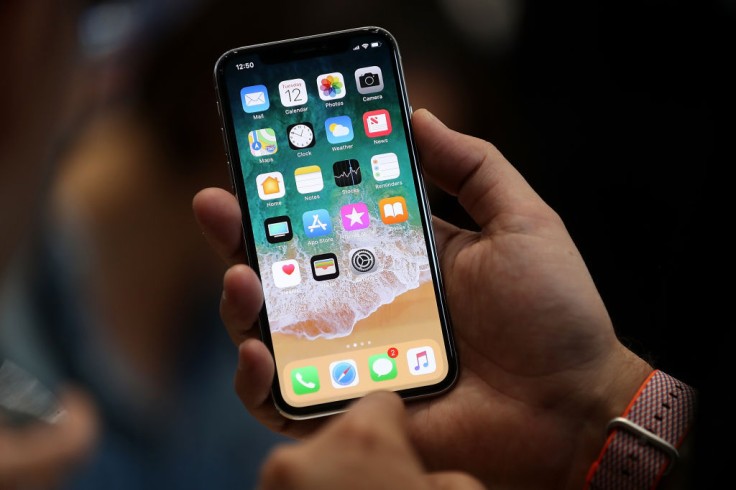
A week after its release, the biggest iOS and iPadOS update is apparently rigged with bugs. Fortunately, Apple has announced a patch to fix the problems and malicious codes.
Apple always marketed its systems with enhanced privacy options and security settings. For years now, the tech giant has lived up to its reputation of keeping its users safe from viruses, malicious codes, and hacking attempts. Unfortunately, hackers continue to improve, creating new ways to attack the system. Apple iOS and iPadOS regularly release new updates in response to these hacking attempts.
On April 27, Apple released its biggest update with iOS 14.5 and iPadOS 14.5. This patch was supposed to introduce new features such as:
- App Tracking Transparency Feature
- AirTag Accessory Support
- COVID-Mask Face ID Recognition
- Siri Maps and Travel Guide
- Other exciting updates.
Unfortunately, this update opened up vulnerabilities and encountered bugs that placed most iPhones and iPad at risk.
iPhone Bug Can Let Hackers Install Malicious Content
Many of the vulnerabilities opened up in the Webkit system, the browser engine Apple uses to render web contents such as App Store, Mail, Safari, and other related apps on iOS, macOS, and Linux. Exploiting these vulnerabilities as pathways, hackers can install bugs and malicious codes on any fully up-to-date iPhone or iPad.
Arstechnica reported some of the code-execution flaws to be CVE-2021-30661, CVE-2021-30663, CVE-2021-30665.
Apple Aware of the Issue
Apple is quick to take action in fixing these vulnerabilities. On their support page, Apple identified the specific codes attacking the system, the nature of the attack, the apps being exploited, and the solution to address the bug. Devices that are at risk include:
- iPhone 12
- iPhone 12 mini
- iPhone 12 Pro
- iPhone 12 Pro Max
- iPhone 11
- iPhone 11 Pro
- iPhone 11 Pro Max
- iPhone XS
- iPhone XS Max
- iPhone XR
- iPhone X
- iPhone 8
- iPhone 8 Plus
- iPhone 7
- iPhone 7 Plus
- iPhone 6s
- iPhone 6s Plus
- iPhone SE (1st generation)
- iPhone SE (2nd generation)
- iPod touch (7th generation)
- iPad Pro 12.9-inch (4th generation)
- iPad Pro 11-inch (2nd generation)
- iPad Pro 12.9-inch (3rd generation)
- iPad Pro 11-inch (1st generation)
- iPad Pro 12.9-inch (2nd generation)
- iPad Pro 12.9-inch (1st generation)
- iPad Pro 10.5-inch
- iPad Pro 9.7-inch
- iPad (7th generation)
- iPad (6th generation)
- iPad (5th generation)
- iPad mini (5th generation)
- iPad mini 4
- iPad Air (3rd generation)
- iPad Air 2
Luckily, Yahoo reported that Apple has already released the iOS 14.5.1 to fix the security issue. All units mentioned are compatible with this new update. Here are the specific steps to install the security update on iOS or iPadOS:
- Navigate in the "Settings."
- Enter the "General" tab.
- Select "Software Update" and scroll on the bottom to "Download and Install."
Back up your device storage before the installation to avoid losing personal files. Do this update immediately to fix the security risks in your iPhone and iPad operating systems.
Related Article: Apple iPhone 13 Report Hints Absence of M1 Chipset: Leaked Specs, Release Date and More Updates









